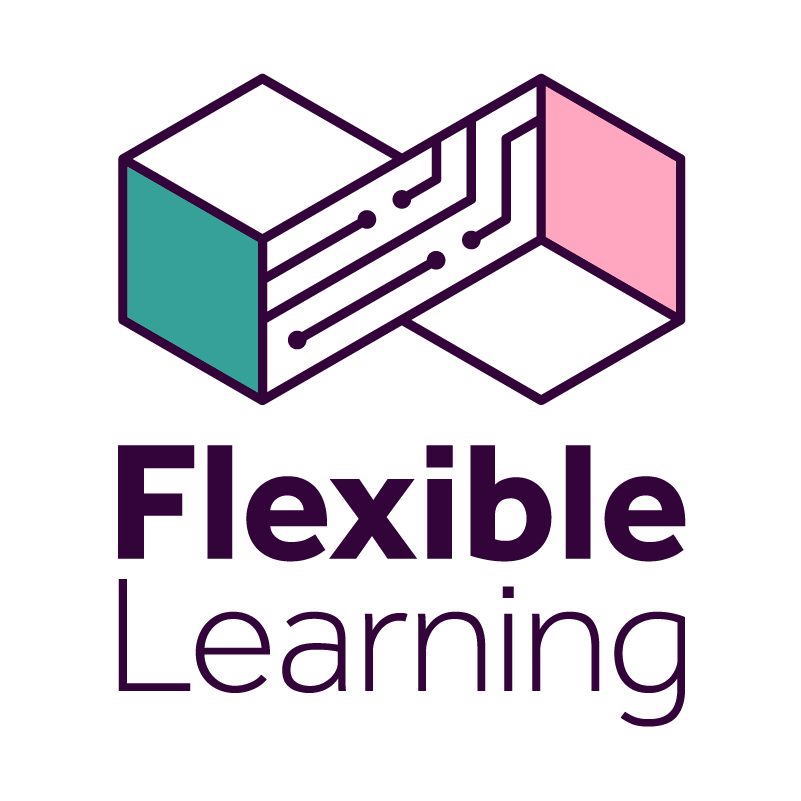
People and policy
This workstream, led by Professor Steve Pettifer, explored how our policies, organisational design and processes needed to evolve to enable blended and flexible learning through ‘design and delivery by team’.
What we’ve delivered
Facilitating Flexible Pathways (FlexPath)
The FlexPath project explored how we can better support the experience for those following ‘non-standard’ pathways. The project goal was to define requirements and identify recommendations for a solution that will enable effective administration of learners on non-standard pathways at The University of Manchester.
What were our objectives?
- Define high-level and detailed requirements
- Identify recommendations for a solution/s
- Document a delivery and implementation plan
What did we do?
- Identified issues in delivering non-standard pathways with key stakeholders across the University
- Developed a robust scope for the project which, in turn, enabled us to shape our benefits and establish what we expected the project to achieve.
- Built a list of high-level requirements by examining the learner journey of those on non-standard pathways.
- Created a detailed business case setting out our recommendations with an iterative approach to delivery for how we can improve current systems and processes that administer learners for non-standard programmes.
What's next?
At the end of November 2025, the Flexible Learning Programme Board approved the business case as a good summation of the business need, objectives, benefits and strategic alignment. However, given the shifting landscape following the release of Strategy 2035 the priorities for teaching and learning are currently being revised. FlexPath is recognised as being needed, but the approach will likely change once priorities are agreed.
Digital Learning Service (DLS)
We delivered a co-created service for eLearning that offers agility, flexibility and ability to scale.
Outcomes:
- Cross-faculty working and sharing of best practice.
- Establishment of the DLS Leadership Group.
- Baseline consistent job descriptions and skills matrix.
- Funding for short-term professional development and training.
What is the DLS Leadership Group?
The DLS Leadership Group was established following the workshops that took place in the latter part of 2023. It was agreed that this group would be made up of representatives from across the DLS and be established during the lifecycle of the project but focussed on business as usual following the implementation of the DLS.
This group has overall responsibility for the DLS and:
- Oversee and manage the planning of the strategic and operational delivery of the DLS.
- Facilitate and manage continuous improvements to the service.
- Enable the establishment and support a Community of Practice.
- Provide assurance to relevant UoM strategic groups and recommendations for the prioritisation of activities, risk and issue mitigation.
- Champion cross-institutional working to enhance effectiveness, enable interdisciplinary approaches, and inform decision making.
Lessons learned
- Clarity: Create clear scope and requirements from the start to reduce ambiguity and prevent confusion. When projects shift between teams or programmes, validating the foundations is essential for morale and progression. Begin every project with a shared understanding of goals and confirm scope if changes occur.
- Deliver Meaningfully: Delivering all at once is overwhelming, particularly in an environment which is already change-heavy, has multiple initiatives with the same stakeholders, and business-as-usual activities need to continue. Smaller, impactful increments can help maintain momentum and allow quick wins with meaningful changes. Break down deliverables into manageable phases which deliver visible value early and often.
- Empower Stakeholders: Give key stakeholders authority from the outset to own key outcomes and make decisions when designing by team. This approach works well for cultural changes as it fosters engagement and ownership early, likely speeding up delivery. Involve stakeholders in shaping decisions from the start to build trust and cooperation.
- Consistent Communication: Treat communication plans as commitments. Regular communications can reduce ambiguity and ensures there is clarity for those directly and indirectly involved in a project. Co-create communication plans with stakeholders and establish feedback loops throughout a project.
- Awareness of the Bigger Picture: Recognise interdependencies between initiatives early and ensure project plans are in alignment to other key deliverables and capacity of those delivering the changes or directly impacted by the changes. Adjust deliverables and timelines as necessary but in agreement with stakeholders to maintain trust and focus on what matters the most. Regularly review the wider landscape and adapt plans to prioritise high-impact deliverables.
